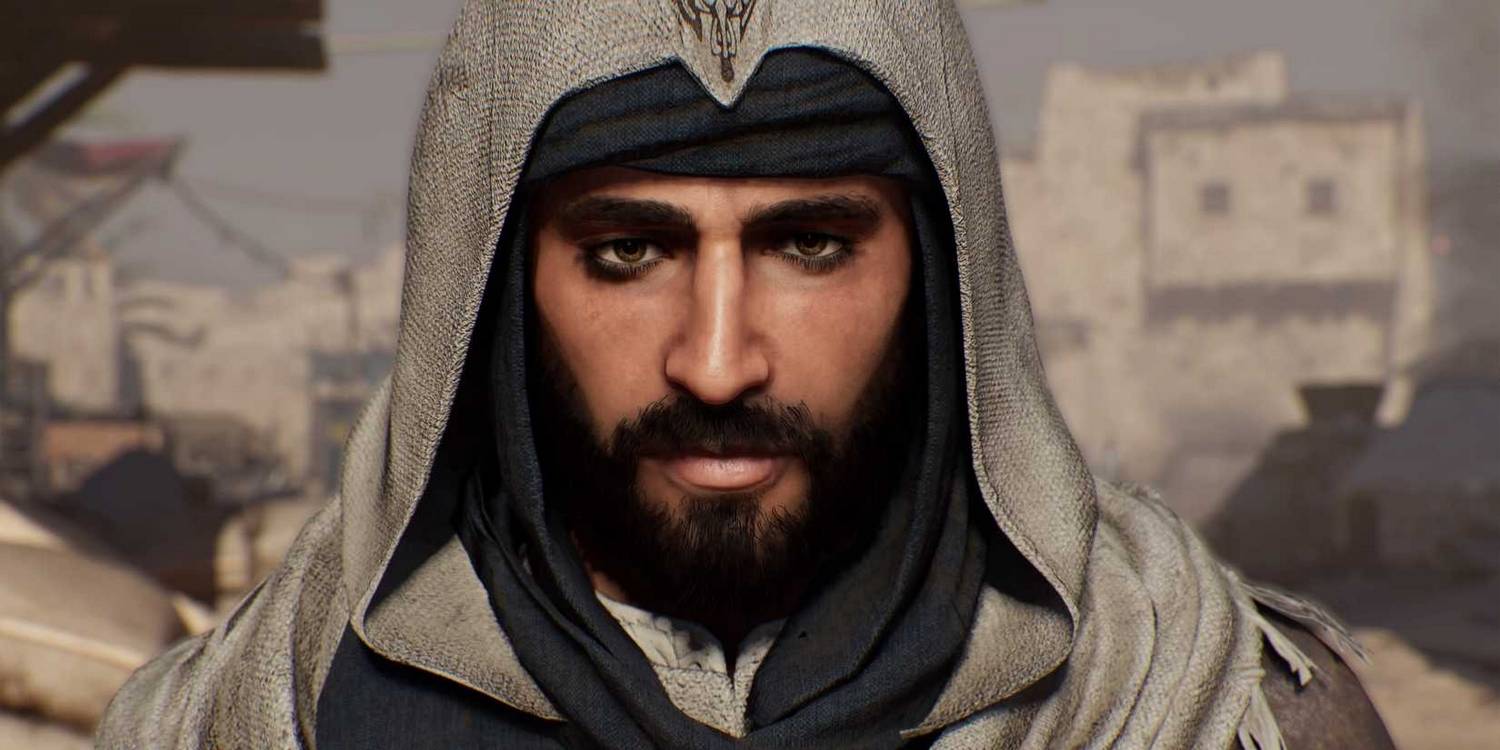A Troubling Partnership: Ubisoft’s “Creative Control” Claim Over Saudi-Funded Assassin’s Creed Mirage DLC Under Scrutiny
Popular Now
 Counter-Strike 2
Counter-Strike 2
 Warframe
Warframe
 Garena Free Fire: Kalahari
Garena Free Fire: Kalahari
 Grand Theft Auto V
Grand Theft Auto V
 Valorant
Valorant
 Gacha Club
Gacha Club
 Stumble Guys
Stumble Guys
 League of Legends
League of Legends
 Genshin Impact
Genshin Impact
 The Legend of Zelda
The Legend of Zelda
 In a surprise announcement that caught fans off guard, Ubisoft revealed a new, free DLC for Assassin’s Creed Mirage, the 2023 title that was intended to be a standalone, no-frills experience. The new content will be set in the ancient city of AlUla, a UNESCO World Heritage site located in modern-day Saudi Arabia. However, the revelation was not met with universal excitement. Instead, it has ignited a firestorm of controversy, raising serious ethical questions about the nature of the partnership between Ubisoft and the Saudi Public Investment Fund (PIF), a deal that has reportedly received pushback from even the company’s own employees. In the face of this growing public and internal pressure, Ubisoft has issued a statement insisting that it maintains “creative control” over the content, a claim that, for many, rings hollow. This controversy is not just about a single piece of DLC; it is a profound and uncomfortable look at the intersection of video games, high-stakes international investment, and the sensitive issue of “sportswashing.”
In a surprise announcement that caught fans off guard, Ubisoft revealed a new, free DLC for Assassin’s Creed Mirage, the 2023 title that was intended to be a standalone, no-frills experience. The new content will be set in the ancient city of AlUla, a UNESCO World Heritage site located in modern-day Saudi Arabia. However, the revelation was not met with universal excitement. Instead, it has ignited a firestorm of controversy, raising serious ethical questions about the nature of the partnership between Ubisoft and the Saudi Public Investment Fund (PIF), a deal that has reportedly received pushback from even the company’s own employees. In the face of this growing public and internal pressure, Ubisoft has issued a statement insisting that it maintains “creative control” over the content, a claim that, for many, rings hollow. This controversy is not just about a single piece of DLC; it is a profound and uncomfortable look at the intersection of video games, high-stakes international investment, and the sensitive issue of “sportswashing.”
The Partnership and the Pushback
The announcement of the DLC, which was made by Ubisoft CEO Yves Guillemot during a conference in Riyadh, was a clear signal of the company’s new, and very public, relationship with the PIF. The PIF, which is chaired by Crown Prince Mohammed bin Salman, has made a series of massive investments in the gaming industry, including significant stakes in companies like Nintendo, EA, and Take-Two Interactive. The fund is often at the center of a debate about “sportswashing,” a practice where a nation uses high-profile sporting or entertainment events to improve its reputation on the world stage. For a company like Ubisoft, which has built its brand on historical narratives and a focus on “democracy and free will,” this partnership is a deeply ironic and ethically troubling one. According to reports from the French financial newspaper Les Echoes and the publication Game File, Ubisoft employees have expressed concern about the deal, with one staffer asking management if a partnership with “a person accused of crimes against humanity for ordering the assassination… of a journalist” could contribute to the “Ubi-bashing” the company is already facing. This internal dissent is a high-value piece of information that reveals the deep-seated discomfort within the company about the nature of this collaboration.
In its official statement, a move that was likely meant to quell these fears, Ubisoft told IGN that it has “creative control over the Assassin’s Creed Mirage DLC, as with all content related to the franchise.” While this sounds reassuring, it fails to address the central issue: the source of the funding. A free, expansive DLC for a game that was not originally planned to have any post-launch content, set in a specific location that is being promoted by the Saudi government, and announced at a Saudi-based event, all points to a partnership that is more about business than it is about history. As one Redditor astutely put it, “the Saudis funding the expansion feels like they really want to push their country.” The optics are not good, and Ubisoft’s vague claims of “creative control” do little to assuage the growing concern that the company is simply a paid creative arm, a vehicle for the promotion of a particular version of history that is favorable to its new financial partners. The controversy has been exacerbated by the fact that Ubisoft’s CEO, Yves Guillemot, has reportedly met with Saudi leaders, and the company’s official announcement of the DLC included a quote about the content being “made possible thanks to the support of local and international organizations.” This carefully worded phrase has been interpreted by many as a clear admission of financial support from the Saudi government.
A Moral Compromise: The Future of the Franchise
The core of the Assassin’s Creed franchise has always been a moral one: the fight for freedom against a tyrannical order. It is a series that has not shied away from tackling complex, and often uncomfortable, historical events. The idea that a piece of content for this series could be funded by a regime with a well-documented history of human rights abuses is, for many, a profound betrayal of its core principles. The developers at Ubisoft have been put in an impossible position. They are tasked with creating a historical and authentic representation of a location while being funded by an entity with a clear agenda. Will the DLC shy away from the region’s darker historical truths? Will it present a sanitized, tourism-friendly version of AlUla? These are the questions that will hang over the DLC’s release, and no amount of PR spin can make them go away. The controversy surrounding this DLC is not just about a single game; it is a powerful signal of a new era for the gaming industry, one where major publishers are increasingly willing to partner with controversial regimes in the pursuit of revenue. The Ubisoft scandal is a sobering reminder that for all of our talk of creative freedom, in the end, the money always talks the loudest.









